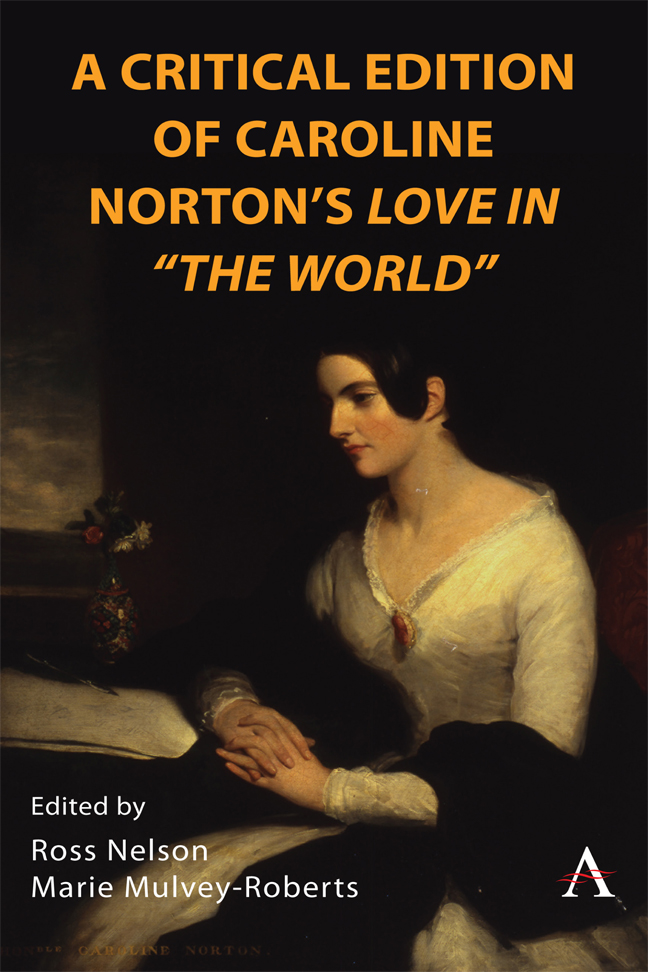Caroline Norton: England's First Feminist Law-Maker
Published online by Cambridge University Press: 01 March 2024
Summary
On 17 August 1839, the Infant Custody Act, the first piece of feminist legislation to be passed in the United Kingdom, became law. The four-hundred- word act gave mothers of “unblemished reputation,” who were separated from their husbands, the right to have access to their own children. The silent architect of this groundbreaking law was the poet, songwriter, novelist and scandalous woman Caroline Norton, known in the press as “Norty” Mrs Norton.
Born Caroline Elizabeth Sarah Sheridan in 1808, she married George Norton in 1827 and had three sons: Fletcher, in 1829; Brinsley, in 1831; and William, in 1833. From the beginning it was a deeply troubled marriage: for almost a decade she was the victim of her husband's drunken violence which started on their honeymoon in Scotland. In 1831 she was asked by her husband to secure him a well-paid job from an old friend of the Sheridan family, William Lamb, Lord Melbourne, the Home Secretary in the Whig government. Mrs Norton succeeded in getting her barrister husband a job as a magistrate for east London. Several other favours for the siblings of George were demanded by him and given by Melbourne. Caroline Norton and Lord Melbourne, who was to become Prime Minister in April 1835, started an affair in 1831, that was encouraged by her husband. Norton's elder brother Lord Grantley, an Ultra Tory, wanted to topple the Whig government and instructed George Norton to cite Prime Minister Melbourne in a “criminal conversation” case, which was heard on 22 June 1836, a sultry summer's day, in the Court of Common Pleas.
“Criminal conversation” was the antique legal term for adultery: “conversation” was a euphemism for sex, “criminal” described having sex with another man's wife as criminal, alluding to the fact that a husband's property – his wife's body – had been trespassed upon. George Norton accused the Whig Prime Minister of “crim con” and sued Melbourne for the modern equivalent of about a million pounds in damages for his hurt feelings, and being denied “domestic harmony,” a euphemism for sex. The trial only lasted a day: Lord Melbourne and hence Caroline Norton were found not guilty and George Norton was humiliated and then hell-bent on revenge.
George locked Caroline out of her home in the spring of 1836 with only the clothes she was wearing.
- Type
- Chapter
- Information
- A Critical Edition of Caroline Norton's Love in 'The World' , pp. xi - xivPublisher: Anthem PressPrint publication year: 2023

